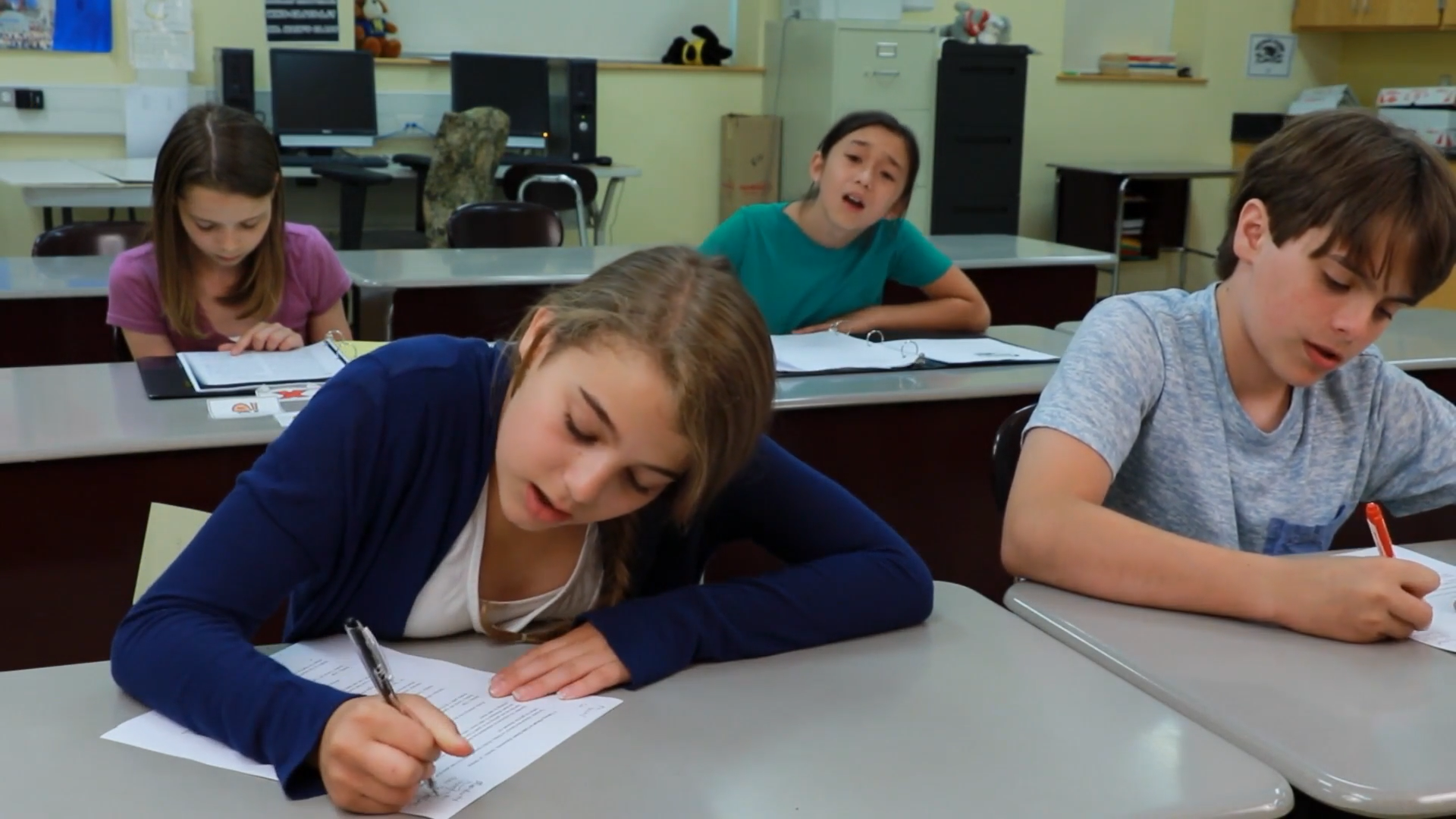
Introduction
In special education settings, one of the essential skills for students to develop is the ability to ignore distractions and focus on their tasks. Sometimes, it’s best to ignore people or situations that may cause upset or annoyance, allowing students to concentrate on their work. By teaching students to stop and think about whether a situation requires intervention or simply ignoring it, we can foster a supportive and productive learning environment. In this blog post, we will discuss an easy no-prep activity, discussion questions, and related skills to help educators teach this valuable skill.
No-Prep Activity
This simple activity requires no preparation or materials and can be done in any classroom setting. The goal is to help students practice ignoring distractions while focusing on their tasks.
- Ask students to sit at their desks and work on an assignment independently.
- As the educator, walk around the room and create various distractions, such as tapping a pencil, humming, or shuffling papers.
- Encourage students to ignore these distractions and continue focusing on their work.
- After a predetermined amount of time, stop the distractions and have a brief discussion with students about their experiences and how they managed to ignore the distractions.
Discussion Questions
Use these questions to stimulate further discussions about the importance of ignoring distractions and focusing on tasks:
- How did it feel to have distractions while trying to focus on your work? What strategies did you use to ignore them?
- Can you think of a time when you were able to ignore a distraction and focus on your work? How did that help you?
- Why is it important to learn when to ignore distractions and when to address them?
- How can ignoring distractions help us in maintaining positive relationships with our peers?
- What other situations might require us to ignore distractions or people to focus on our tasks?
Related Skills
Developing the ability to ignore distractions is just one aspect of social-emotional learning. Other relevant skills for students in special education settings include:
- Self-awareness: Understanding one’s emotions, strengths, and challenges.
- Self-management: Effectively managing emotions, stress, and impulses.
- Communication: Expressing thoughts and feelings clearly and respectfully.
- Empathy: Understanding and sharing the feelings of others.
- Problem-solving: Identifying and resolving conflicts in a constructive manner.
Next Steps
Teaching students the power of ignoring distractions is an essential component of social-emotional learning. By incorporating this skill into your classroom, you can help students develop resilience, focus, and a positive learning environment. To access free sample materials to teach this skill and others, be sure to visit Everyday Speech’s sample materials. Start exploring these resources and continue supporting your students in their social-emotional development.

